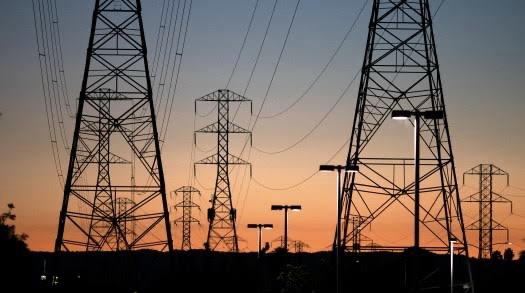KEY POINTS
- Nigeria transferred electricity market control to states without risk/readiness assessments, inviting regulatory chaos.
- Ex-regulator Sam Amadi predicts state markets could fail within years due to technical incapacity, cronyism, and subsidy conflicts.
- Federal power agencies face criticism for “reactive” crisis management instead of proactive transition planning.
Dr. Sam Amadi leans forward, palms flat on the table. “Predictable surprise,” he calls it. The former chairman of Nigeria’s Electricity Regulatory Commission (NERC) isn’t mincing words about the federal government’s move to hand power markets to states. “They’ve set dominoes tumbling without checking if the table’s level.”
In an exclusive interview with Nairametrics, Amadi—architect of Nigeria’s 2013 power privatisation—slams the Tinubu administration’s rushed decentralization of electricity regulation. His warning cuts deep: state-run markets could implode within years. The reason? Zero risk assessments, zero readiness checks. Just political haste.
“Imagine handing a newborn the keys to a bullet train,” Amadi scoffs. He traces the chaos to last year’s Electricity Act, signed by President Tinubu. The law lets states carve out their own fiefdoms from the national grid. Enugu State jumped first—slashing tariffs without federal consultation. NERC retaliated by voiding the move. Regulators now trade legal threats like schoolyard punches.
The Ministry of Power and NERC shoulder blame, says Amadi. “Reactive, not proactive leadership.” His voice sharpens. “Where’s the playbook? Where’s the grid transition roadmap?”
Ghosts in the Machine
Here’s what keeps Amadi awake: state commissions packed with political cronies. “It’s jobs for the boys—not engineers,” he says. Niger State’s regulator confessed to him they’re drowning. No technical staff. No tariff models. Just photocopied laws and hollow titles.
“Regulatory work is knowledge warfare,” Amadi insists. “You think a state commissioner fresh from running a bakery understands loss factors?” He recounts NERC’s brutal learning curve—five years of tariff wars and liquidity crises. States expect mastery overnight.
The numbers sting. Nigeria’s generation just hit a record 5,713.6MW. Yet Amadi sees collapse looming. Why? State price wars. If Enugu sells power at ₦10/kWh while Lagos charges ₦100, distributors bleed cash. Generation plants—locked into 25-year federal contracts—starve. “Subsidy time bombs everywhere,” he mutters.
Tinubu’s answer? A ₦4 trillion bond to plug sector debts. Amadi waves it off. “Borrowing to pay debts is rearranging deck chairs.” He’d scrap bandaids for a presidential taskforce—real experts dissecting why debts ballooned.
His prescription stings: pause politics. Train regulators. Model state markets after India’s regional grids. “But here?” He sighs. “We didn’t even try.”



